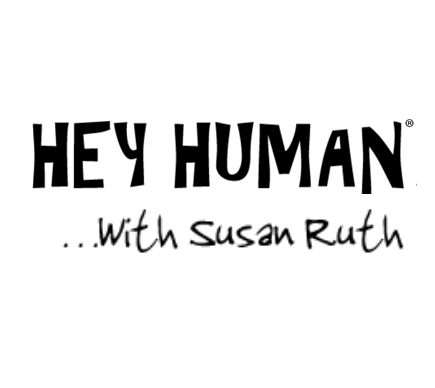REVIEWS & INTERVIEWS
The New Yorker
This past February, when I picked up “There Are No Dead Here: A Story of Murder and Denial in Colombia,” by Maria McFarland Sánchez-Moreno, I was expecting a dry read. The work is based on the six years that McFarland worked for Human Rights Watch in Colombia, so the best I could hope for, it seemed, was an important, if perhaps bureaucratic, report on my country. Instead, I found a moving, intimate story of three men—a human-rights activist, a prosecutor, and a journalist—who labored for years to expose a terrible truth: how politicians and service members, seeking profit or power, had colluded with far-right paramilitary armies that massacred civilians.
LA Review of Books
A BRICK WALL, the first layer of the barrier, encircles most of a city block on an unassuming street in Guatemala City. On the other side is a checkpoint with metal detectors like airport security. Next comes a winding walk flanked by two security guards, and then, the destination: a one-story building arranged like a grade school, except there is an armed guard in every corner.
Americas Quarterly
"While the story of Escobar and the Medellín and Cali cartels has been glamorized in narconovelas and Netflix series, the history of Colombia’s paramilitary armies and the havoc they wreaked has been largely underreported outside of the country. It is a vast and complex saga, with no one epic villain of Escobar-like proportions around which to spin the narrative.
The New York Times
When the drug kingpin Pablo Escobar was killed in 1993, Colombia’s bloody troubles did not die with him. In “There Are No Dead Here,” Maria McFarland Sánchez-Moreno, who spent years as a Colombia researcher for Human Rights Watch, writes about the harrowing violence carried out by paramilitary groups that bloomed in the country in the late 1990s.
Times Literary Supplement
One of the strangest things about modern Colombia is the degree to which a former President, who left office in 2010, continues to hold sway over it. To Álvaro Uribe’s supporters, who credit him with breaking left-wing guerrillas’ chokehold on the countryside, his name is synonymous with order and security.
The Guardian's Top Ten Books on Colombia
There Are No Dead Here: A Story of Murder and Denial in Colombia by Maria McFarland Sánchez-Moreno
There are many incredible works of journalism and nonfiction about Colombia in the late 1990s, during which right-wing paramilitary groups rose to power. Sánchez-Moreno’s book focuses on the lives and fates of three men: a human rights activist, a prosecutor and a journalist. Not an easy read, but a necessary one.
Reason TV interview
After Escobar: How the US Imposed its Own Drug War on Colombia
The Gist podcast
Why do we know so much about Colombia’s narcos and so little about the people who risked everything to fight them?
Human Rights Watch
When people think about violence in Colombia, the drug kingpin Pablo Escobar or the Revolutionary Armed Forces of Colombia’s (FARC) guerrillas might come to mind. But fewer know about the paramilitary forces that killed, tortured, and raped their way across the country starting in the late 1990s.
Truth-Out
For decades, the people of Colombia were assaulted and killed by paramilitaries, drug cartels and the FARC -- with a corrupt government deeply involved. Maria McFarland Sánchez-Moreno writes about predation and hope for a war-torn nation. Get the book now with a donation to Truthout.
Leafly
In her masterful work, Maria McFarland Sanchez-Moreno unravels the intrigue, politics, and history between Colombia’s government and its paramilitaries.
Hey Human… with Susan Ruth
“There Are No Dead Here: A Story of Murder and Denial in Colombia,” is a remarkable non-fiction work that chronicles three “ordinary” Colombians who took on the country’s new mafia, military, and political powers.
BOOK EXCERPTS
The Courage to Uncover the Politics and Lies Behind the Carnage in Colombia
For decades, the people of Colombia were assaulted and killed by paramilitaries, drug cartels and FARC -- with a corrupt government deeply involved. Maria McFarland Sánchez-Moreno writes about predation and hope for a war-torn nation in There Are No Dead Here: A Story of Murder and Denial in Colombia. Get the book now with a donation to Truthout.
Face to Face With the Colombian Paras
“If this country knew the whole truth, it would fall apart,” Rodrigo Zapata announces, smirking at me. We are uncomfortably perched on a couple of battered plastic chairs next to a grimy desk in the stifling visitors’ room in Itagüí prison, on the outskirts of the Colombian city of Medellín.













